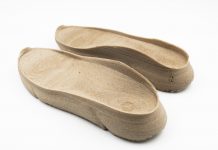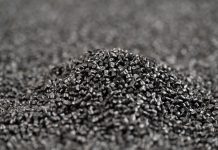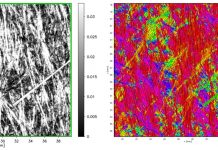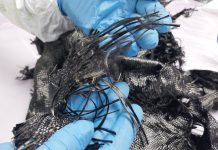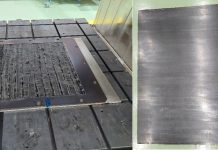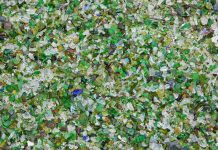Open Access Government produces compelling and informative news, publications, eBooks, and academic research articles for the public and private sector looking at health, diseases & conditions, workplace, research & innovation, digital transformation, government policy, environment, agriculture, energy, transport and more.
Home 2024
Archives
Supply chain waste in the pharma industry
The pharmaceutical industry faces significant challenges with supply chain waste, affecting both environmental sustainability and economic efficiency. Jim McGuire and Deborah McElhone from CPI navigate the complex issue here.
Circular textiles research: Recycling technologies
Miguel Sanchis Sebastiá, CEO of ShareTex and Ola Wallberg, Professor at Lund University, unpack research and innovation within circular textiles sector, explaining the role of recycling technologies in a larger strategy.
Solving recycling challenges with sustainable polymers
Angela Ivanova, CEO & Co-Founder, explains how her firm LAM’ON solves recycling challenges. A shift to sustainable polymers will reduce the environmental footprint of non-degradable packaging materials; we discover.
Bio-based solutions for a circular economy
Principal Scientist Ulla Forsström from the VTT Technical Research Centre of Finland Ltd tells us about the INN-PRESSME Open Innovation Test Bed project, which aims to develop novel, sustainable and recyclable bio-based solutions to replace fossil-based plastic.
Innovating polymers: 100% recycled ECOPLASTOMER®
Katarzyna Pokwicka-Croucher, Founder and CEO of Ecopolplast, tells us about the company’s mission to innovate polymers through their eco-friendly Ecoplastomer® product, made with 100% recycled content that reduces CO2 emissions and ensures complete independence from virgin raw materials.
Quality control for the recycling of carbon fibre
Due to the inevitable variability of the end-of-life input material, the resulting recycled fibre and nonwoven or woven material will have a higher degree of variability than virgin material. To make sure such recycled fabric is usable for high-quality applications, additional methods for quality control are required.
Recycling fibre-reinforced composite parts
Uncured carbon fibre recycling by Bulk Moulding Compound (BMC).
Fresh prepreg multilayer scrap reuse
To address waste generated during production, a processing route for uncurde material is developed in MC4. Multilayer fresh prepreg scrap is processed to obtain new intermediate products that can be used to manufacture new parts.
MC4 Project: Improving the EU capacity to process and recycle composite materials
The MC4 European research project aims to develop economically and technically feasible technologies for recycling fibre-reinforced composite parts.




